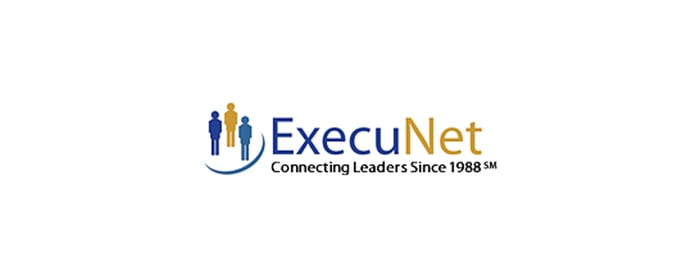MONTHLY NEWSLETTER:
Subscribe and join our community of curious HR Professionals and Managers.
Latest Article
Categories
Quick Links
Applauz Blog
Published: May 10, 2022
Last Updated: March 21, 2023
4 min read
By: Michelle Cadieux

Content We're Loving gives 2-minute synopses of noteworthy stories and reports from the world of work and people management. Here is the best of April!
💛 Every month, Content We're Loving gives you 2-minute synopses of the most noteworthy stories and reports from the world of work, HR, and people management. Check out the best of March.
April was an interesting month in the world of work.
After many big pandemic-related delays, big tech giants like Google and Apple started putting their new hybrid work models into effect and asking employees to come into their office between 1- 3 days per week.
Whereas other tech companies like Airbnb announced the execution of a remote work policy for the vast majority of their staff. It will be interesting to see how these decisions will play out for these companies and their employees in the coming months. Will workers push back and leave for more flexibility, or will they eventually concede as life slowly returns to normal?
Only time will tell. For now, all we can do is to – hopefully, learn from their mistakes.
 When a Promotion isn’t Possible: Turning Disappointment into Development
When a Promotion isn’t Possible: Turning Disappointment into DevelopmentFrom: ExecuNet
Topic: Employee development, retention
This dilemma is likely to have been faced by many managers and leaders: What happens when you have many employees who desire career development but you don’t have enough promotions to go around.
Promotions, pay, and perks are traditionally linked with development, the author explains. We live in a "climb" culture. But the author argues there are alternate ways to help people grow.
She offers three key strategies to help leaders provide development opportunities (that are not only based on promotion, pay, and perks.)
Be curious: Managers should ask questions that will help them develop a complete picture of the person's aspirations. Whether or not you can deliver the promotion, the attention and care you demonstrate will enhance your relationship, trust, and loyalty.
Be honest: Candour is a must. Tell the truth as you know it is related to what's available and the employee's readiness to move up. The author states, refrain from writing future checks you and they won't be able to cash.
Be proactive: The author urges managers to get creative and proactive in figuring out ways to create new challenges for employees. Maybe you can't offer a promotion, but what about more visibility to the C-suite, a passion project that can enhance engagement or greater flexibility that might improve their work/life balance.

From: Gallup
Topic: Hybrid work
In this Gallup article, the authors offer suggestions for leaders who want to develop strong hybrid work strategies. They emphasize hybrid work is so much more than just "office hours and scheduling."
The authors offer the four following "essential dynamics of hybrid work" to keep in mind when developing a hybrid plan and concrete action items for leaders.
Both engagement and well-being are key components of a happy workforce. The authors stress the importance of keeping your finger on the pulse of both engagement and well-being in a hybrid environment, as an employee's engagement and well-being will differ greatly depending on their role or how often they are required to come into the office.
In moving towards a hybrid work future, the authors argue that leaders need to think about how to make differences in work styles feel fair to everyone. They ask: are there hidden costs to flexibility? For example, if important decisions are made in hallway conversations at work, will some employees may be left out by default?
They offer some strategies to promote fairness and inclusion:
The authors explain how the pandemic has exposed how much corporate productivity was measured by presenteeism. Yet we all instinctively knew "appearing busy" is not a good measure of true productivity. That's why the path to performance excellence in hybrid work is built on trust and relationships and not "increased monitoring or arbitrary metrics of busyness."
Here are key ways leaders can promote greater trust and productivity:
Many leaders are worried about the erosion of culture and relationships between hybrid and remote teams. To mitigate issues of loneliness and isolation, leaders need to be proactive.

Airbnb’s five rules for work-from-anywhere
From: Quartz at Work
Topic: Workplace news, remote work
Last week, Airbnb CEO Brian Chesky announced on Twitter “five key features” of its new remote work policy.
Chesky believes working from anywhere is “here to stay.” this decision was partially informed by data from Airbnb, which showed that 20% of total nights booked on Airbnb in the third quarter of 2021 were part of a stay of 28 days or more.

MONTHLY NEWSLETTER:
Subscribe and join our community of curious HR Professionals and Managers.

7675 Blvd Saint-Laurent,
suite 201,
Montreal, QC,
CA, H2R 1W9
7675 Blvd Saint-Laurent, suite 201, Montreal, QC, CA, H2R 1W9
Contact us
1 833 277 5289
Contact us | 1 833 277 5289
Follow us on LinkedIn:
© Copyright 2024. All Rights Reserved